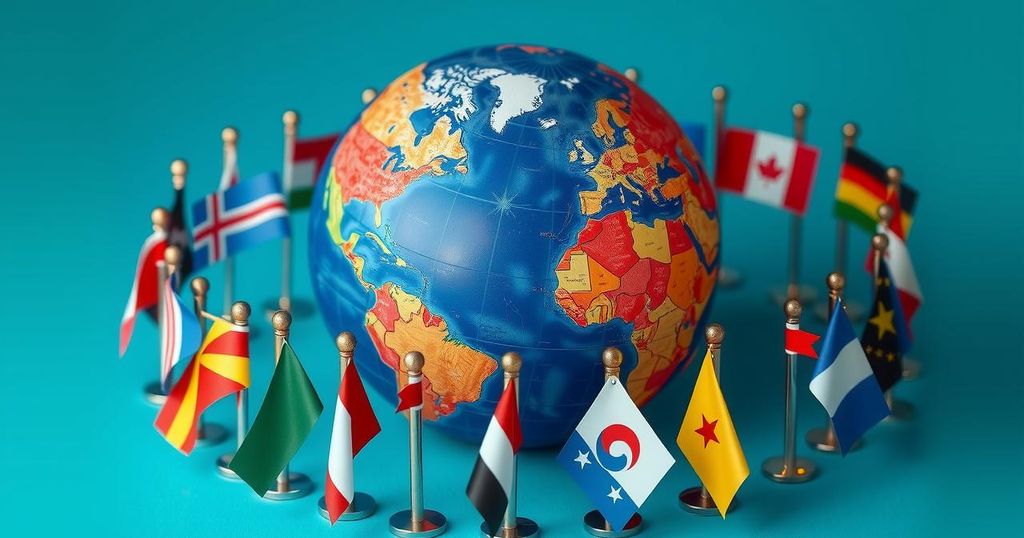Iran summons ambassadors from the UK, France, and Germany in response to a UN Security Council meeting they arranged, accusing them of colluding with the U.S. Iran’s officials denounce this as interference aimed at targeting their nuclear program amid allegations of expanding nuclear activities.
On Thursday, Iran’s Foreign Ministry summoned the ambassadors of Britain, France, and Germany to express its protest against their alleged collaboration with the United States in orchestrating a closed-door UN Security Council meeting regarding Iran’s nuclear program. The Director General of the International Peace and Security Department, Hassaninejad Pirkouhi, labeled this meeting as a misuse of the Security Council intended to target Iran’s “peaceful nuclear program.” Diplomatic representatives committed to conveying Iran’s stance to their respective governments.
Additionally, Iran’s UN envoy, Sa’eed Iravani, criticized the U.S. for purportedly employing the Security Council to exacerbate what he termed the “economic war” against Iran. He characterized the meeting as an “unwarranted interference” with Iran’s interactions with the International Atomic Energy Agency (IAEA). This closed session was initiated by six nations—France, Greece, Panama, South Korea, Britain, and the United States—to deliberate on Iran’s compliance with the IAEA relating to undeclared nuclear materials identified at various locations.
This gathering of the Security Council occurred amidst persistent allegations asserting that Iran is broadening its nuclear operations, which contravene the existing nuclear agreement. These developments reflect the escalating tensions surrounding Iran’s nuclear ambitions and its diplomatic relations with Western nations as well as its obligations under international treaties.
Iran has taken significant diplomatic steps by summoning Western envoys in response to a Security Council meeting that it perceives as a targeted effort against its nuclear program. The Iranian government views these actions as undue interference, further complicating its relations with the U.S. and other nations amid accusations of non-compliance with the nuclear agreement. The ongoing situation highlights the fragile dynamics involved in international nuclear negotiations.
Original Source: shafaq.com






